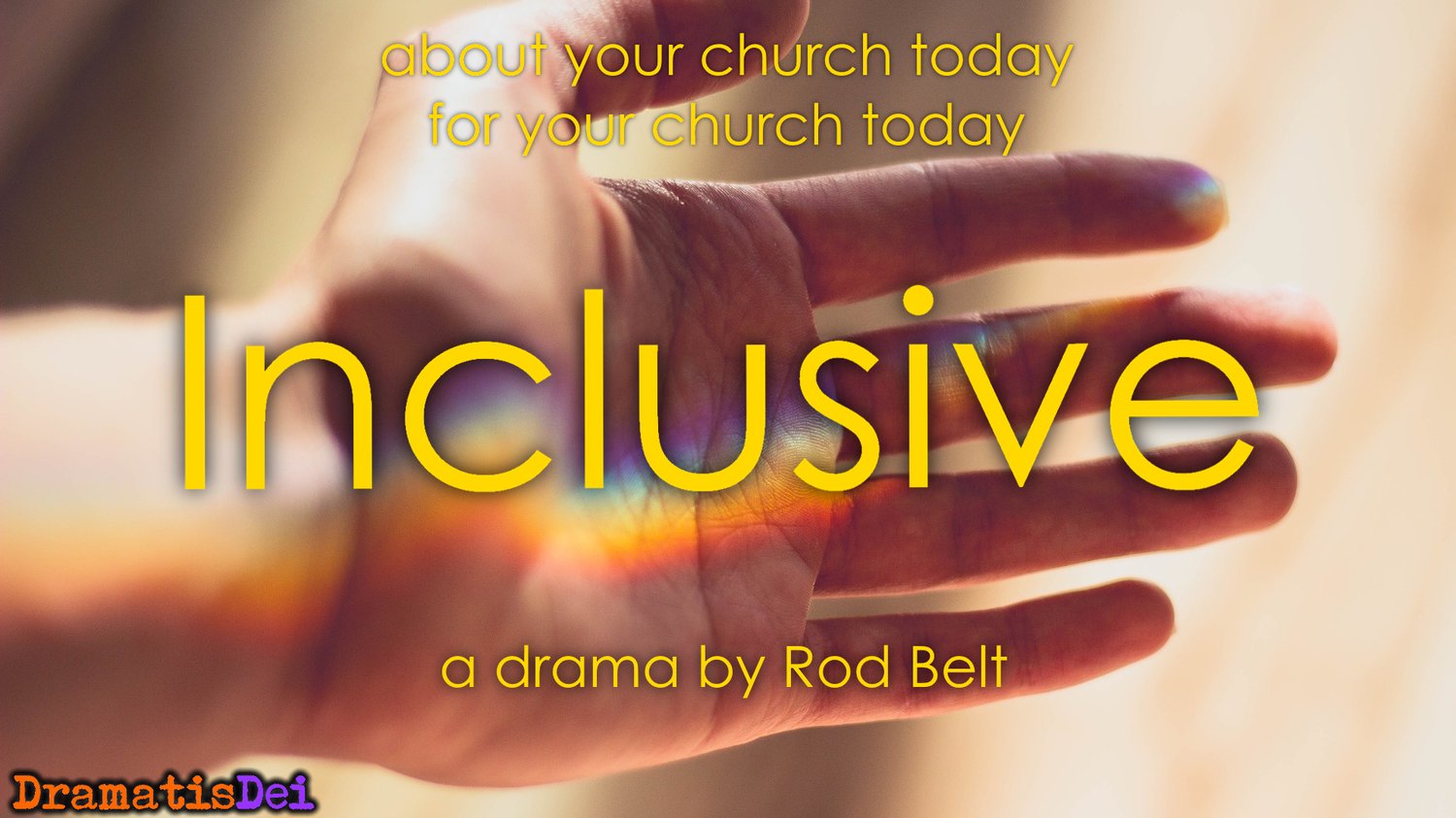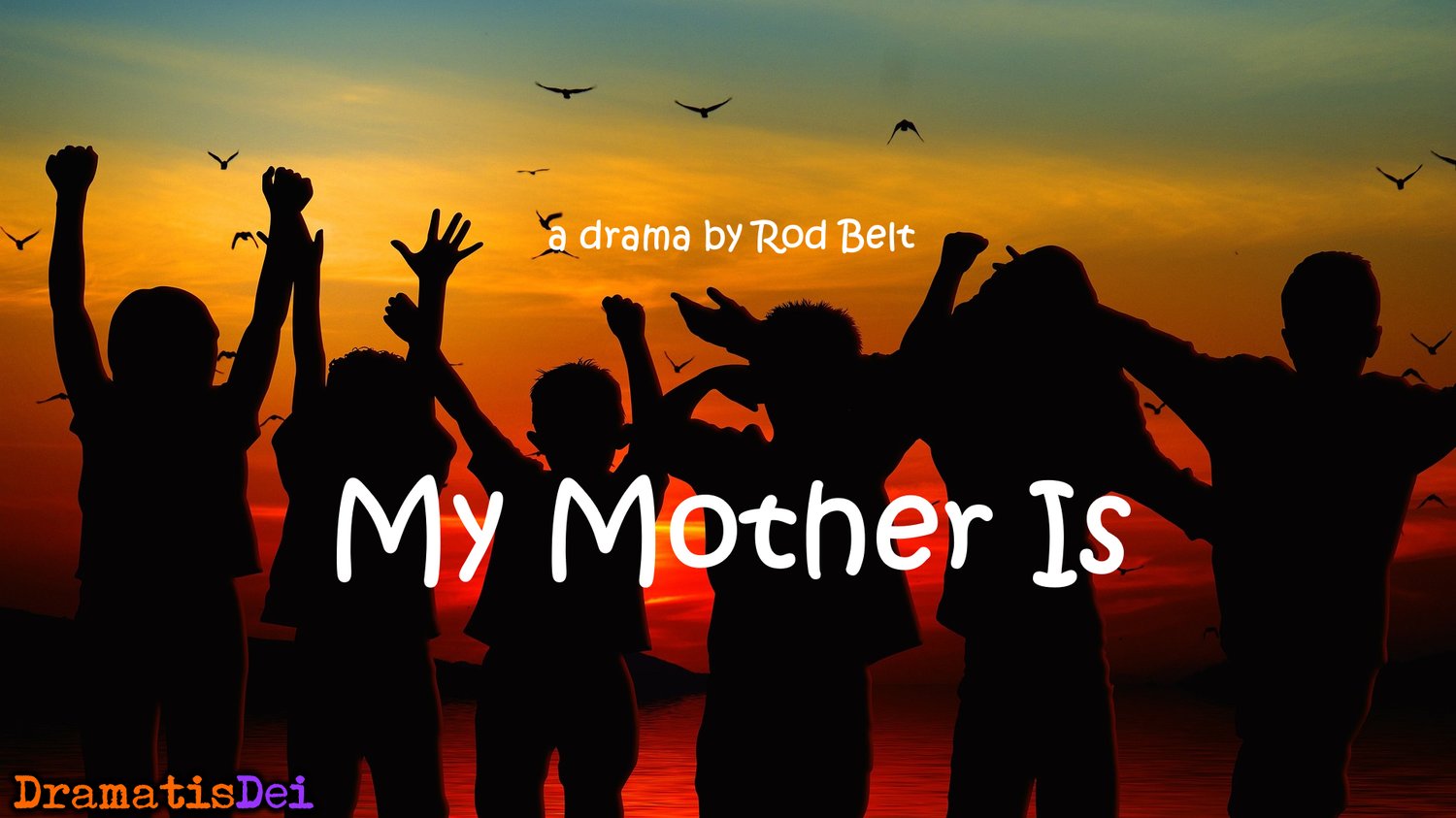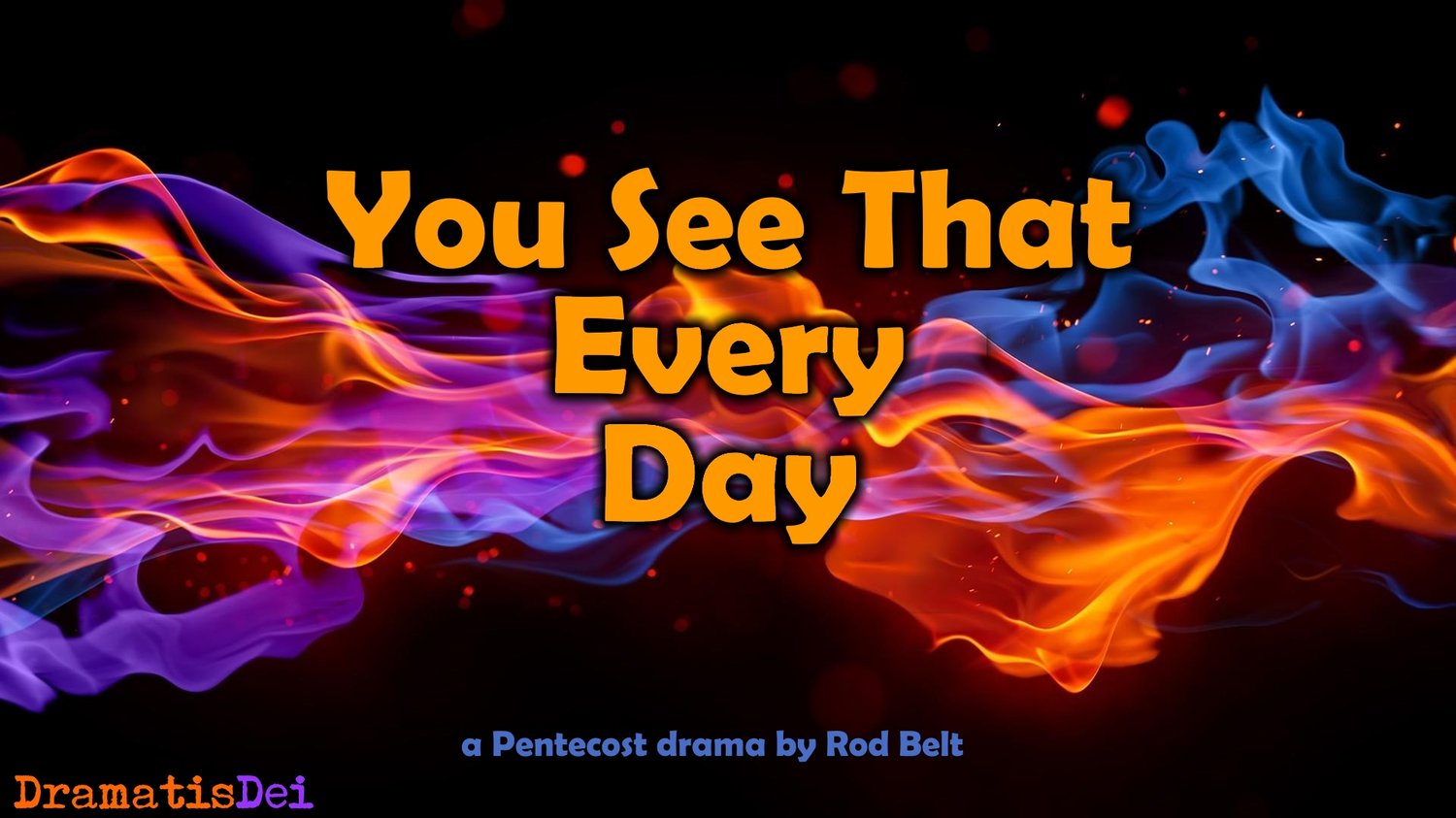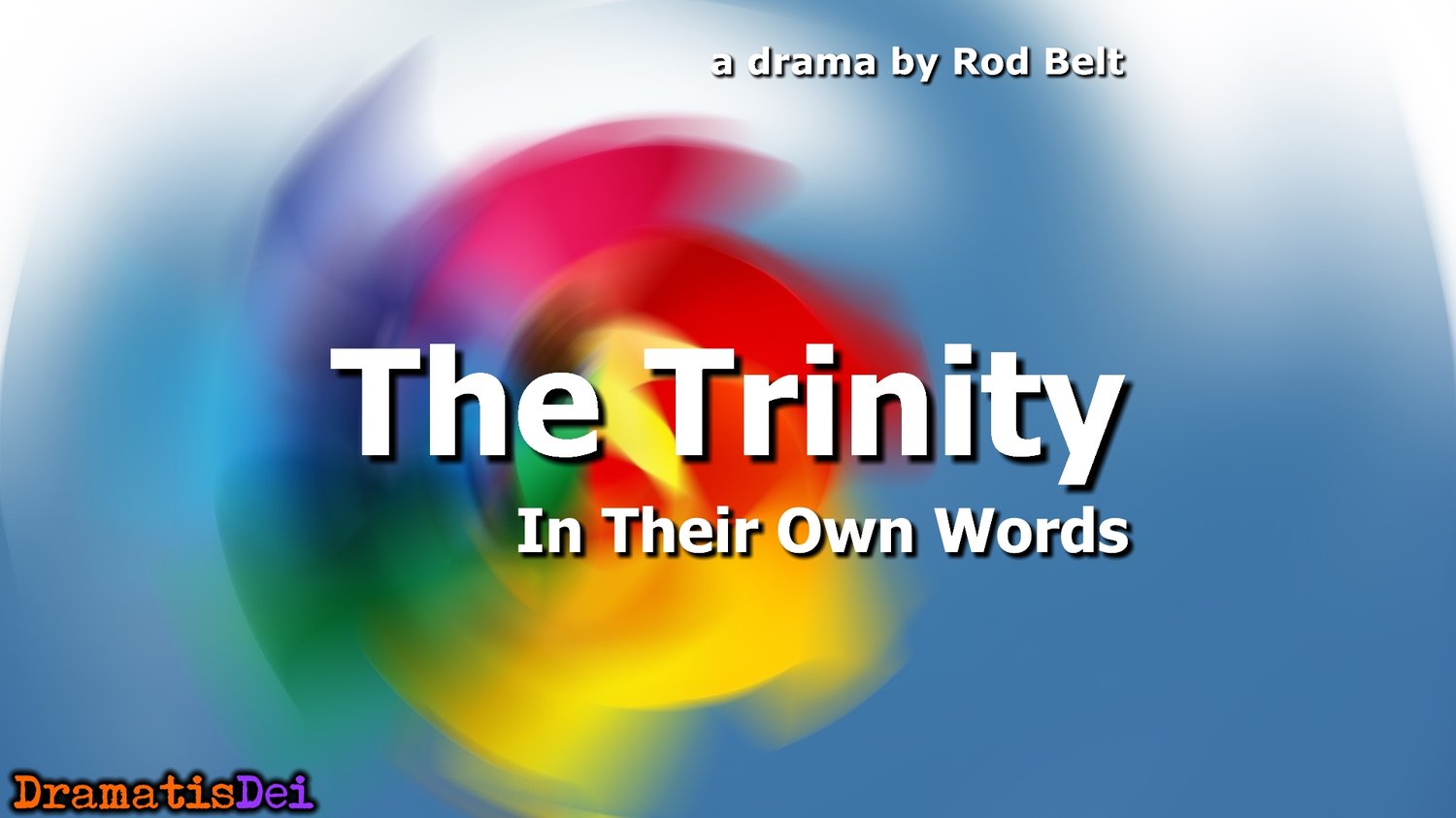If you have decided to “do drama” in your church (or school/youth group/whatever – in which case translate some of the words below as appropriate) it is probably for one or more of the following reasons:
- You think your church needs it – it will be a new, visual way of conveying truths and ideas which is less boring than the sermon, less twee than the songs and can be understood on many levels by many age groups.
- You have been asked or told to do it - probably by a minister/pastor/youth leader who believes you are the person for the job because (a) they were told by God or (b) they thought your name had too few jobs against it on the rota or (c) they just happened to see you at the back of the coffee queue.
- You have a group who you think would benefit from doing drama - probably youngish people who currently aren’t involved in much and you think that this would be an ideal way to teach them about God, give them a goal, make them useful, keep them off the streets and weave them into the fabric of the church.
- You feel a call/urge/desire to express yourself on stage or in writing.
If any of this sounds familiar, that is alright. You are in good company.
But are there reasons why drama itself is good? Is drama, quite simply, a good way to communicate? You might like to consider the following.
- Our brains are made to understand stories - even very young children can follow a story when they can’t listen to two sentences of information or instruction. We are just made that way.
- People choose to listen to stories - whether sitting round a fire in a third-world village or sitting in front of a television in a first-world living room. It is a natural part of life.
- People want the stories told to them – they might love stories but many don’t read books. Sad but true.
- Add a visual element to storytelling and the story becomes even more memorable. The two elements hold each other in place in our minds.
- We absorb ideas in small chunks - the average person can’t take in a half-hour monologue. Ask a sample of people which element of a church service they remember, and it may be a fact buried in the sermon but is at least as likely to be one of the shorter items – a drama, a song, a childrens’ spot.
- Drama can be multi-layered - and therefore can speak to a whole range of people at once. This is one of the best things about drama. Children can laugh at the visual gags in a drama and learn simple facts whilst their parents are having their deepest beliefs challenged. Believers and non-believers can both take something away from the same script. Dramatists have taken advantage of this ability for thousands of years.
- We learn from illustration - Ideas need to be made visible for most people to follow. Jesus knew this very well. When talking to the crowds he often didn’t tell his listeners what point he was making, he just told a story and let the ideas form in the listeners’ own heads.
So listening to stories is natural, we all do it by choice and it is an ideal way for us to absorb information and form ideas, particularly if there are both audio and visual elements. You can speak to a whole range of people at once and they will each form ideas that will be long-lasting. Tell a person what you think and they will most likely argue. Tell a story and it can visually plant an idea in people’s minds that they will think about for some time.
Why do drama? All sorts of reasons, but mainly – it works! And it is lots of fun and it is team building and it can give the participants bags of confidence they never had and yes, it does break up an hour long service. So the question is, why not do drama?
© Rod Belt 2010, 2023
This article is part of the occasional series How To Do Drama, a themed set which may (or may not) build up into an indispensable guide for the new or young drama group and its terrified actors, hopeful director and baffled script writer.






Comments ()